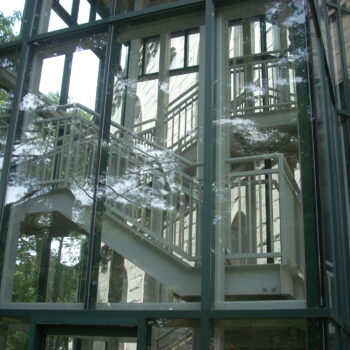
Salus Forum: May 7, 2025
The twelfth Salus Health Care Forum was convened on May 7, 2025. In attendance were William Bergquist, Jerome Fish, Bill Gillanders, Gay Teurman, and Mark Vukalcic. A special guest was invited to participate in this forum: Joseph C. Maroon, MD, FACS, clinical professor and vice chairman of the Department of Neurological Surgery and Heindl Scholar in Neuroscience at the University of Pittsburgh. The Trigger topic for this forum was provided by Bill Bergquist, who provided distinctions between an objectivist and constructive approach to assessing reality, and between a quantitative and qualitative way to report on reality. These distinctions inform the way health care is provided and promoted in contemporary times.
Following is a narrative based on the conversation that took place during this Health Care Forum:
Bill B
I want to begin by referring to some of the work being done by Joe as a physician working with the Pittsburgh Steelers. The question I pose is: what happens when you’re working with people who have a peak career experience early in their adult life. And for Joe, it’s working with the Pittsburgh Steelers. For me, it’s working with the San Francisco Ballet. There’s a real challenge for people who reach the peak early in their life. And what do they do? Joe was talking about Chuck Knowles saying that there’s a rich life after a very successful life as a professional football player. But it’s hard sometimes to make people believe it.
And that’s relevant to today’s trigger topic. I think both Joe and me (when I worked with the dancers) asked: how do you help them create a narrative? in several of the books I’ve written, I write about people confiscating their future. This happens when your successful at doing something. Your success concerns all the things you’ve dreamed of in your life, which means you’ve just confiscated your future. And then what do you do? What is the new life narrative that you construct? What do you do after you’ve been successful? It’s very powerful.
So, the usual narrative of the future for the dancers I worked with was to go strip in Las Vegas, because the assumption is that the only thing they had going for them was their body. So, part of what I was doing with them was helping them recognize the other competencies and skills that they have in their dance life that translate to areas other than their physical body. For them it’s confiscating the future. What it comes to with them is creating a new narrative. And the new narrative, in part, is based on the competencies that they may not have yet identified. I ask them: what are you exhibiting currently that can be used again in the future?
- Posted by Bill Bergquist
- On May 28, 2025
- 0 Comment


Leave Reply